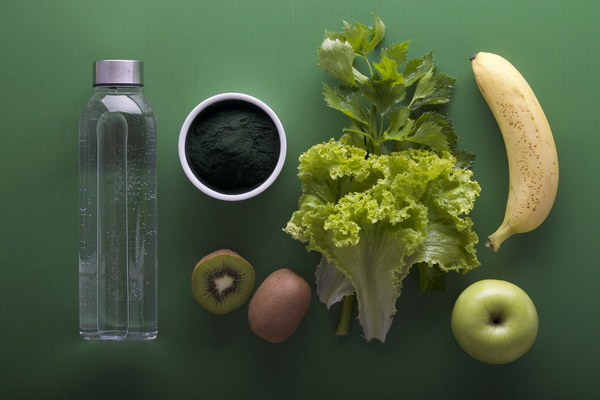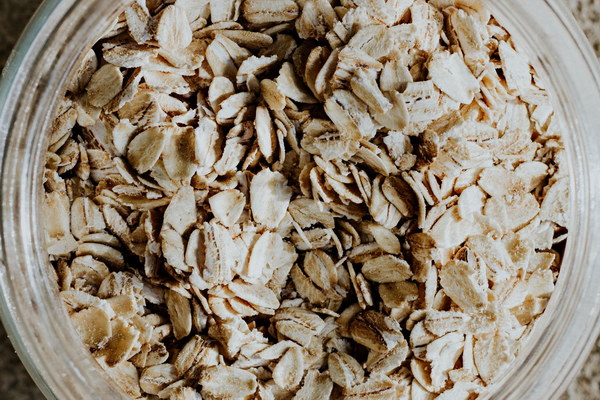PostAbortion Care A Comprehensive Guide to Recovery and SelfCare
After experiencing an abortion, it's essential to prioritize your health and well-being. The emotional and physical recovery process can vary from person to person, but taking proper care of yourself is crucial for a smooth and healthy healing. Here's a comprehensive guide to post-abortion care, focusing on recovery and self-care practices.
1. Rest and Relaxation
Allow yourself time to rest and recover from the physical and emotional toll of an abortion. Tiredness is a common side effect, so it's important to get plenty of sleep and avoid overexertion. Take breaks from your daily routine, and consider asking for help with household chores or childcare to ensure you have enough time to rest.
2. Follow Medical Guidance
If you've undergone a surgical abortion, your healthcare provider will give you specific instructions on how to care for your body during recovery. Follow these guidelines closely to prevent infection and other complications. Common post-abortion care instructions include:
- Taking prescribed medication as directed
- Applying ice packs to reduce swelling
- Avoiding sexual intercourse and tampon use until instructed
- Not soaking in a bathtub or swimming pool until cleared by your healthcare provider
3. Monitor Your Health
Keep an eye on any signs of infection, such as fever, chills, foul-smelling discharge, or excessive bleeding. If you experience any concerning symptoms, contact your healthcare provider immediately.
4. Nourish Your Body
A balanced diet rich in vitamins, minerals, and proteins can aid your body's recovery process. Focus on incorporating the following nutrients into your meals:
- Iron: To prevent anemia, consume iron-rich foods like lean meats, fish, poultry, beans, lentils, and fortified cereals. Pair these with vitamin C-rich foods to enhance iron absorption.
- Calcium: Essential for bone health, calcium can be found in dairy products, leafy greens, and fortified plant-based milk alternatives.
- Vitamin D: Necessary for calcium absorption, vitamin D can be obtained from sunlight exposure, fatty fish, and fortified foods.

- Folic acid: Important for preventing neural tube defects in future pregnancies, folic acid can be found in leafy greens, beans, and fortified cereals.
5. Stay Hydrated
Drinking plenty of water is essential for overall health and recovery. Aim to drink at least eight glasses of water per day, and avoid caffeine and alcohol, as they can dehydrate your body.
6. Manage Emotional Well-being
Emotional recovery is just as important as physical recovery. It's normal to experience a range of emotions after an abortion, including sadness, guilt, and anxiety. Consider the following strategies to manage your emotional well-being:
- Seek support from friends, family, or a support group
- Talk to a therapist or counselor specializing in reproductive health
- Practice mindfulness and relaxation techniques, such as meditation, deep breathing exercises, and yoga
- Write in a journal to express your feelings and thoughts
- Engage in activities that bring you joy and help you cope
7. Plan for Future Health
If you're considering future pregnancy, it's essential to talk to your healthcare provider about any concerns or questions you may have. They can provide guidance on how to prepare for a healthy pregnancy and discuss any potential risks or health conditions that may be relevant to your situation.
In conclusion, post-abortion care is a vital aspect of your overall well-being. By focusing on rest, nutrition, and emotional support, you can promote a smooth recovery process and prepare for a healthier future. Remember to follow your healthcare provider's advice and seek support when needed.









